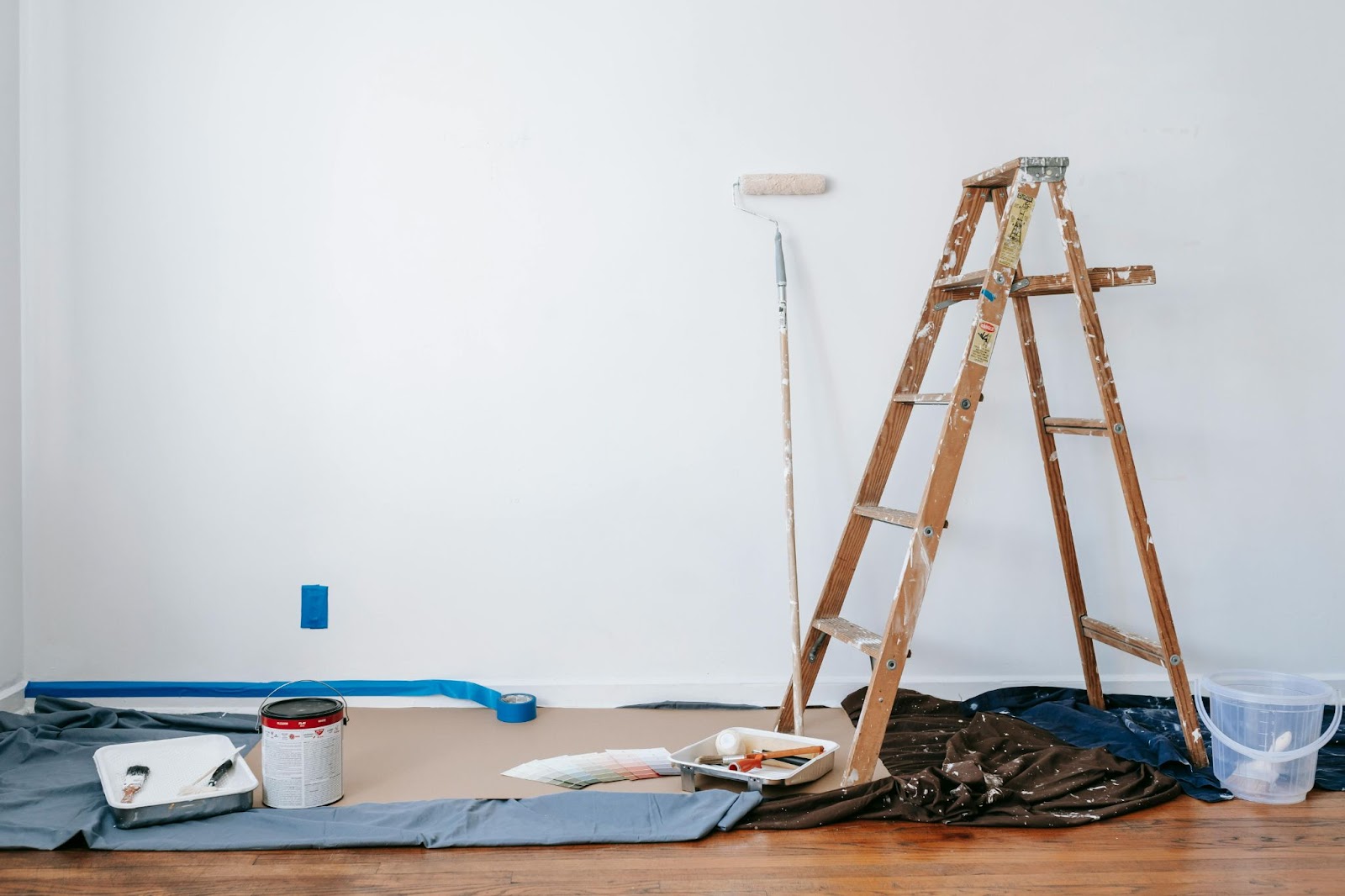When it's time to put your house on the market, there's much more to consider beyond just the listing price. Understanding the true cost of selling your home is crucial for any savvy home seller looking to maximize profit without skimping on service. In this comprehensive guide, we'll delve into the expenses that come with selling your property—and how you can save while still selling smart.
Preparing to List
Preparation before listing is key to making a lasting impression on buyers. After all, buying a home is one of the biggest purchases most buyers will ever make—naturally, they want to be sure their investment is worth it. So, what are some common things that make an impact?
Cleaning
From gleaming floors to spotless windows, cleaning your home is a seemingly small step that makes a HUGE difference when potential buyers are walking through. Whether you opt for a professional cleaning service or get down-and-dirty yourself, it's a crucial step in showcasing your home at its best.
Landscaping
They say not to judge a book by its cover, but let's face it—first impressions matter. Buyers often have trouble seeing past overgrown greenery and dead flowers. Investing in landscaping, even at minimal levels, can enhance curb appeal and draw more interest.
Staging
If you've ever toured a model home, you know the effect of pristine and clean design. Similarly, staging your home can boost its appeal and help potential buyers picture themselves living there. Since staging is an added cost, it's beneficial to talk with a real estate professional to see if it's the right decision for your home.
Start preparing to sell

Professional Fees
Selling a home properly comes with various professional fees. While there are sellers who opt not to use certain professionals, they leave themselves vulnerable to things like legal troubles and missed savings opportunities.
Realtor Fees
A traditional seller can expect to pay around 6% of the sale price in Realtor commissions—often 3% to their agent and 3% to the buyer's agent. (Find out why sellers typically pay both sides.)**
Sellers who work with Houwzer only pay 1% to their agent—and still receive the same level of service. For the buyer agent commission, we inform clients of their options instead of pushing a “standard 3% commission.”
Attorney Fees
In some locations, real estate transactions require an attorney to handle the legal intricacies. In these places, you'll want to be sure you hire an attorney that specializes in real estate. You wouldn't want your dentist to perform an appendectomy—the same principle applies here.
Title Fees
The title to your home confirms that you legally own it and can sell it. Ensuring that your property title is free and clear is an essential aspect of selling your home—buyers won't want to close if there is a risk of future title issues popping up. The amount you'll pay in title insurance depends on what your home sells for but is typically a few thousand dollars.
Township Fees
From certificates of occupancy to safety inspections, local regulations may oblige you to cover various municipal costs. In the grand scheme of things, these fees are usually not outrageous—but still something to consider.
Repairs
You'll also want to consider the cost of repairs before you sell and after potential buyers have had inspections.
Before Selling
Making necessary repairs before listing can increase your home's value and avoid hiccups down the line. If there are small issues that can be fixed quickly and at a low expense, it's often a good idea to knock those out before listing. You'll also want to take a look at any glaring big-ticket items, such as a failing HVAC system or a roof that's well past its prime.
After Inspections
Unless the buyer has decided to waive inspections completely (which is rare), you're almost guaranteed to get some repair requests. Even the most "perfect" homes will have something that pops up on the inspection report.
It's important to discuss repair requests with your Realtor—most home sales end up meeting somewhere in the middle on what the seller will fix and what falls to the buyer.
Start the conversation

Other Commitments
HOA Fees
If you live in a community that has an HOA, you'll be responsible for paying your HOA dues up until your closing date. Depending on the community, there may also be a fee for transferring ownership to the buyer.
Mortgage
If you have a mortgage on your home, you'll have to continue making mortgage payments until the sale closes. Generally, the balance of your mortgage remaining will be paid off at closing.
It's also important to consider if there are penalties for paying off your mortgage early.
Taxes
Transfer taxes, property taxes, and capital gains taxes are all potential financial responsibilities that come with selling a home. These taxes vary from state to state and situation to situation, so it's best to speak with a professional to calculate what you may owe.
Conclusion
Selling your home requires a strategic approach to minimize out-of-pocket expenses while ensuring a successful transaction. By doing your homework—and exploring smart, wallet-friendly options like Houwzer—you can maximize your profit without compromising on quality. And in the competitive world of home selling, that's a true win-win.
Learn more about saving with Houwzer today
**Note: This article was written before the Sitzer/Burnett commission changes went into effect.

